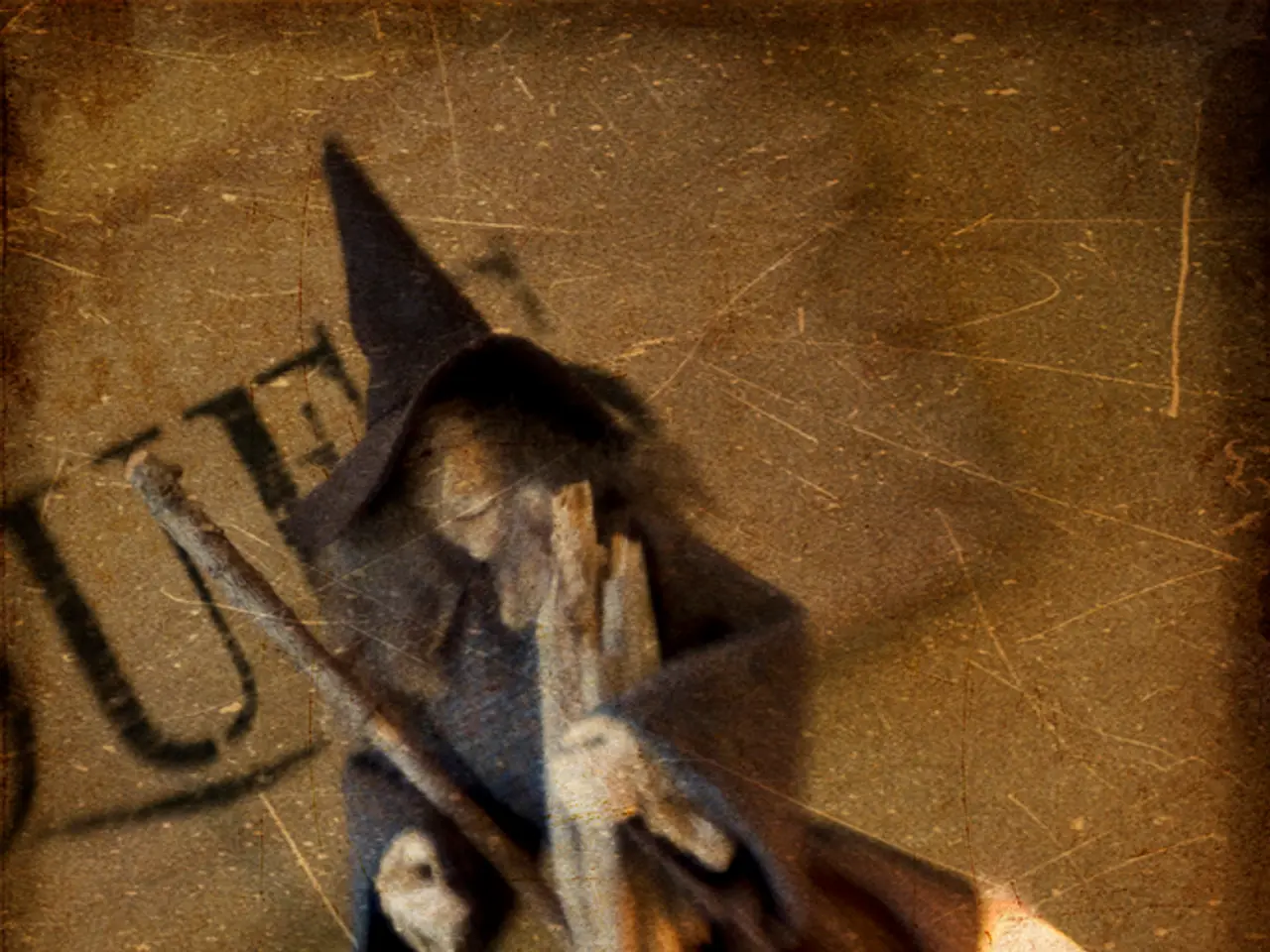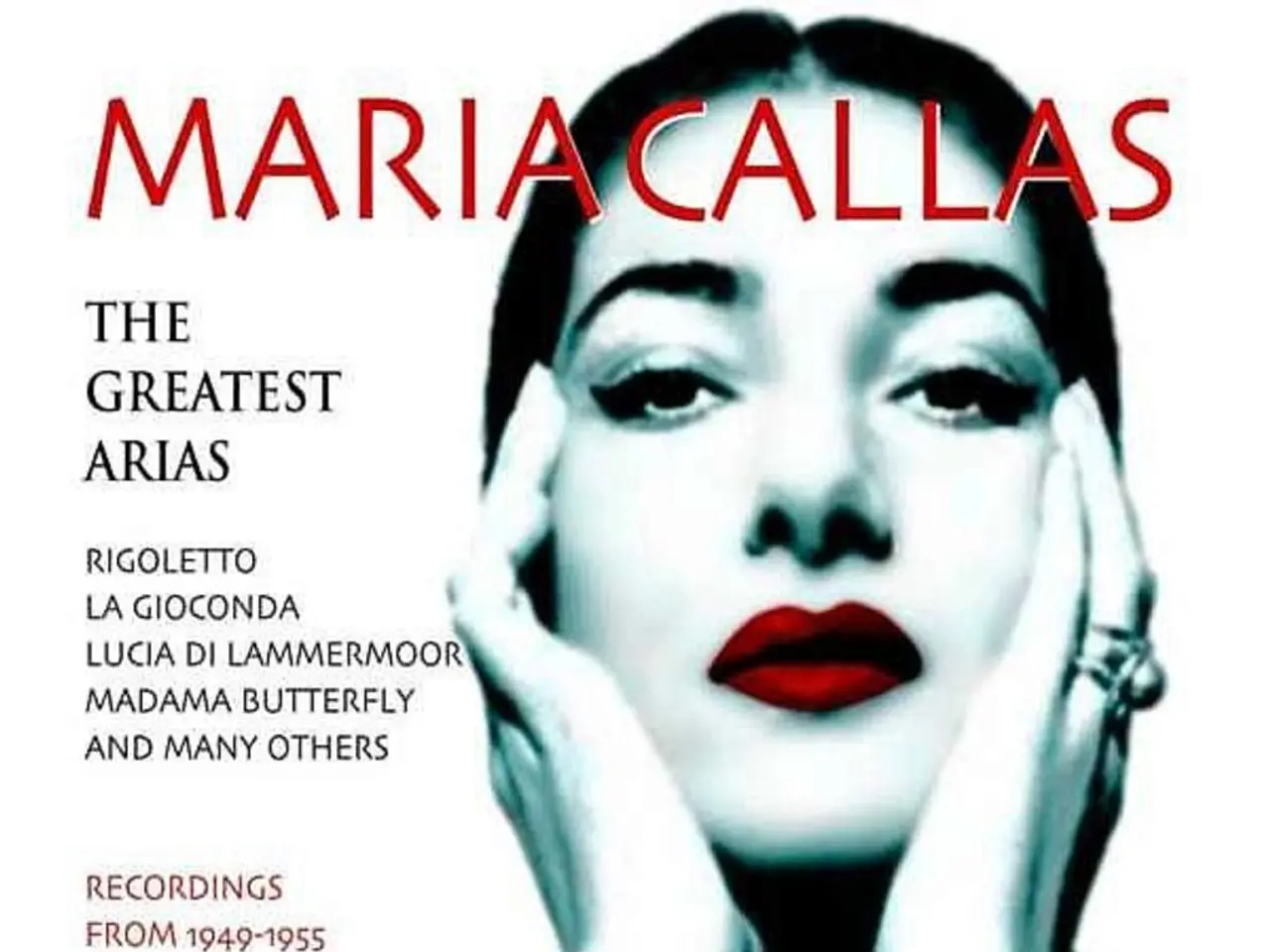Insights Gained from a Horror Production Seminar Featuring Four Experienced Professionals
In a 4-week course, the Story Maps Horror & Thriller Seminar provided screenwriters with the opportunity to develop original concepts for films and television series in the horror and thriller genres. The seminar, led by industry veterans, emphasised that these genres remain extremely popular and commercially viable, offering fertile ground for original storytelling.
Evan Astrowsky, producer of the Cabin Fever franchise, highlighted horror's enduring market demand, stating that it is a genre that is currently very popular and successful. He advised that the first two pages of a script should grab the reader's attention.
Rick Bosner, producer of The Manor and Fruitvale Station, shared his approach to pitching a horror project. His pitch deck for Devoted, a throwback to the late 90s/early 2000s period of horror, was only 10 pages long, with a synopsis of two paragraphs and single-line character descriptions. Bosner suggested looking in one's own area for potential film investments through film commissions.
Jeffrey Reddick, creator of the Final Destination franchise, stressed the importance of a tight and hook-filled logline. Reddick, who wrote and directed a short film, Good Samaritan, as a proof of concept for a studio project, also shared his experience of how it spawned a successful independent feature film, Don't Look Back, which he also wrote and directed.
Christine Conradt, currently producing three thrillers for Lifetime, emphasised that horror needs to tap into primal fears to connect with a large audience. She highlighted the importance of having well-written deliverables, from logline to script, to convince potential investors.
The seminar also placed a strong emphasis on the importance of collaborative refinement, with multiple rounds of notes on story loglines from veteran producers with credits on well-known horror franchises like Final Destination and Cabin Fever.
Industry veterans also stressed the crucial role of the logline as a dynamic pitch tool that must convey hit potential clearly and hook producers and audiences alike. They also pointed out that many successful genre films combine horror or thriller elements with other themes or settings that broaden their marketability. Producers highlighted that international demand for genre films is strong, further expanding potential audience reach.
The seminar's lessons center on the idea that a dynamic genre film concept thrives on fresh, market-savvy ideas honed through rigorous feedback and a deep understanding of genre trends. The Updated Edition of Daniel Calvisi's book Story Maps: How to Write a GREAT Screenplay is now available exclusively at his website. It is suggested that once a basic concept is established, finding a story template or archetype can act as a structural framework for the narrative.
[1] Source: Story Maps Horror & Thriller Seminar materials and participant interviews.
- The horror and thriller genres continue to be popular and commercially viable, as Evan Astrowsky, producer of the Cabin Fever franchise, affirmed.
- Rick Bosner, producer of The Manor and Fruitvale Station, advised screenwriters to keep their pitch deck brief, like his 10-page deck for Devoted.
- Jeffrey Reddick, creator of the Final Destination franchise, suggested a tight and hook-filled logline to attract potential investors and studio attention.
- Christine Conradt, currently producing thrillers for Lifetime, emphasized the importance of connecting with a large audience by tapping into primal fears.
- Multiple rounds of notes on story loglines from industry veterans are invaluable for refining original concepts, especially from those with credits on well-known horror franchises.
- The logline is crucial as a dynamic pitch tool that must convey hit potential and hook producers and audiences.
- Successful genre films often combine horror or thriller elements with other themes or settings to broaden their marketability.
- International demand for genre films is strong, offering a chance to expand potential audience reach.
- To thrive, a dynamic genre film concept requires fresh, market-savvy ideas honed through rigorous feedback, understanding genre trends, and sometimes finding a story template or archetype for structure.








